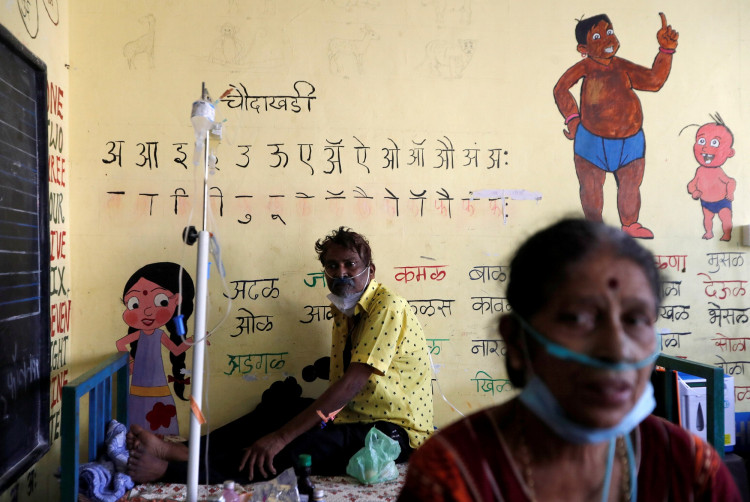Authorities in India are concerned that an influx of visitors to Himalayan mountain villages may result in new Covid-19 infections, and have warned of a probable resurgence of the virus this summer.
Much of the nation, including the tourism-dependent mountain regions, is now accessible, and local governments have promoted domestic travel in the hopes of mitigating the severe economic impact of lengthy lockdowns.
In recent weeks, India residents have rushed to famous mountain getaways like Shimla, Manali and Mussoorie to escape the sweltering summer heat and take advantage of the country's recent decline in coronavirus infections, which has resulted in a deadly second wave of the virus this year.
On Saturday, India's Interior Ministry issued a warning because of the "blatant disregard for Covid behavior at mountain stations and other tourist locations."
The rush of tourist activity, according to VK Paul, the chairperson of India's Covid-19 Task Force, has created a new risk.
The government of Prime Minister Narendra Modi has come under fire for its complacency, and in order to deflect the criticism, it has attempted to reassure the people that it is prepared for the possibility of a resurgence in cases.
While the official daily caseload has fallen to approximately 40,000, retransmission is still a problem in some regions of India. Maharashtra, India's richest state and home to the financial hub Mumbai, has restored certain lockdown measures, while Kerala, India's southernmost state, has seen an increase in the number of cases.
According to the Interior Ministry, the percentage of positive tests in areas such as West Bengal, Uttarakhand and Himachal Pradesh - all of which have famous mountain getaways - has surpassed the 10% mark.
At the height of the second wave in May, India was recording more than 400,000 infections and 4,000 deaths per day - both figures are thought to be substantially underestimated - in a devastating surge that overwhelmed health care institutions.






